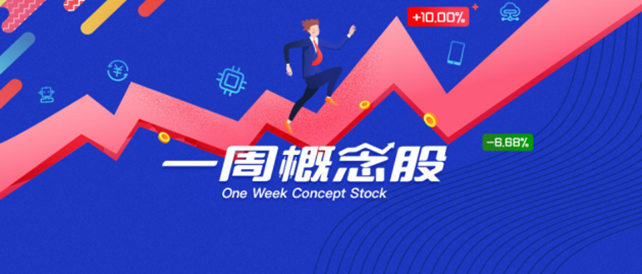
By Greg Gao
The phenomenal rise of Chinese electric carmaker BYD’s stock value and auto sales in May are now leading to a substantial rise in the stock value of its listed suppliers of auto components and EV battery materials, JW Insights reported.

BYD announced on June 2 that the sales of passenger vehicles in May were 114,183, a year-on-year increase of 152.8%. Its cumulative sales of electric vehicles have exceeded 2 million. The company’s shares surged by more than 7% to a new record high on June 10, with total market value hitting RMB1 trillion yuan($150 billion).
As of the close of trading on June 13, the share of BYD’s main suppliers, including Jiangsu Hagong Intelligent Robot(哈工智能), China Eagle Electronic (中京电子), Guangzhou Jointas Chemical(集泰股份), Changzhou NRB Corp (光洋股份), Guangdong Hongtu (广东鸿图) and Shinry Technologies Co (欣锐科技) all soared. More institutional investors go after these stocks.
BYD’s supply chain can be roughly divided into two categories: power batteries and auto parts. In the early days, BYD adhered to the vertical integration industrial chain and formed a number of business divisions. After years of development, BYD auto’s most components have been supplied internally.
However, around 2016, BYD began to change its strategy. The company sold products of several automobile business divisions to other manufacturers. At the same time, BYD also introduced external auto component suppliers.
According to a source from BYD’s procurement department, in addition to self-produced products, BYD will also rely on external suppliers. If the self-produced product is not good as expected, the company will make adjustments and increase the proportion of products supplied by external manufacturers in the next purchase. BYD believes that introducing external competition can enhance the competitiveness of self-produced products and ensure the stability of its supply chain.
The external suppliers BYD introduced include manufacturers from automotive electronics, thermal management, aluminum alloy wheels, tire pressure monitoring systems, and other sub-sectors. The suppliers of power battery materials cover upstream raw materials, positive and negative materials, aluminum-plastic films, structural parts, and diaphragms, according to JW Insights research.
RELATED
-
BYD plans to establish a sodium-ion battery plant in eastern China’s Xuzhou with an investment of RMB10 billion ($1.4 billion)
11-20 17:51 -
European Commission President von der Leyen will visit China in wake of the EU’s ongoing probe into China’s subsidies on EV industries
11-20 16:59 -
Chinese auto giant Changan Automobile plans to launch eight self-developed battery cells in the future
11-20 16:26
READ MOST

No Data Yet~







